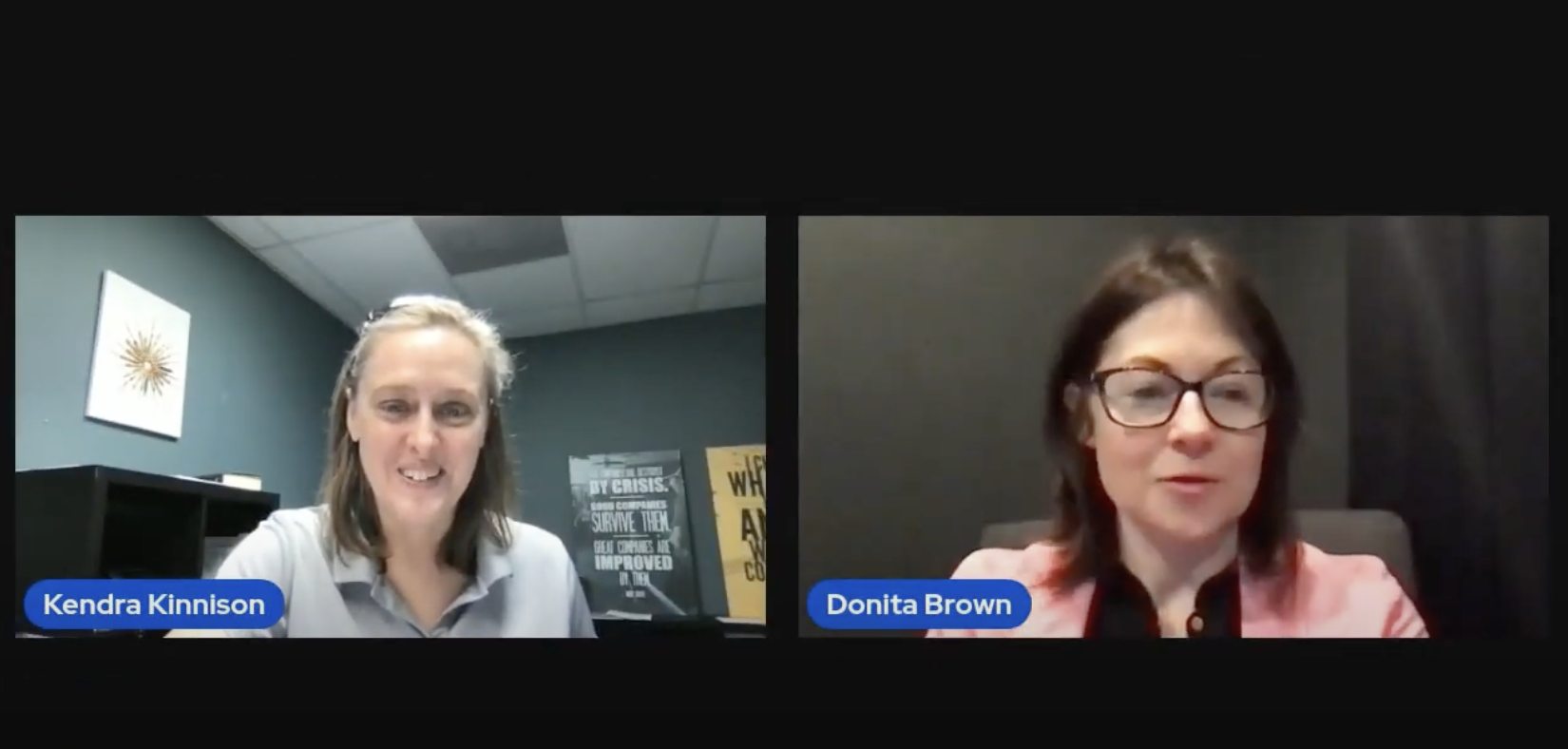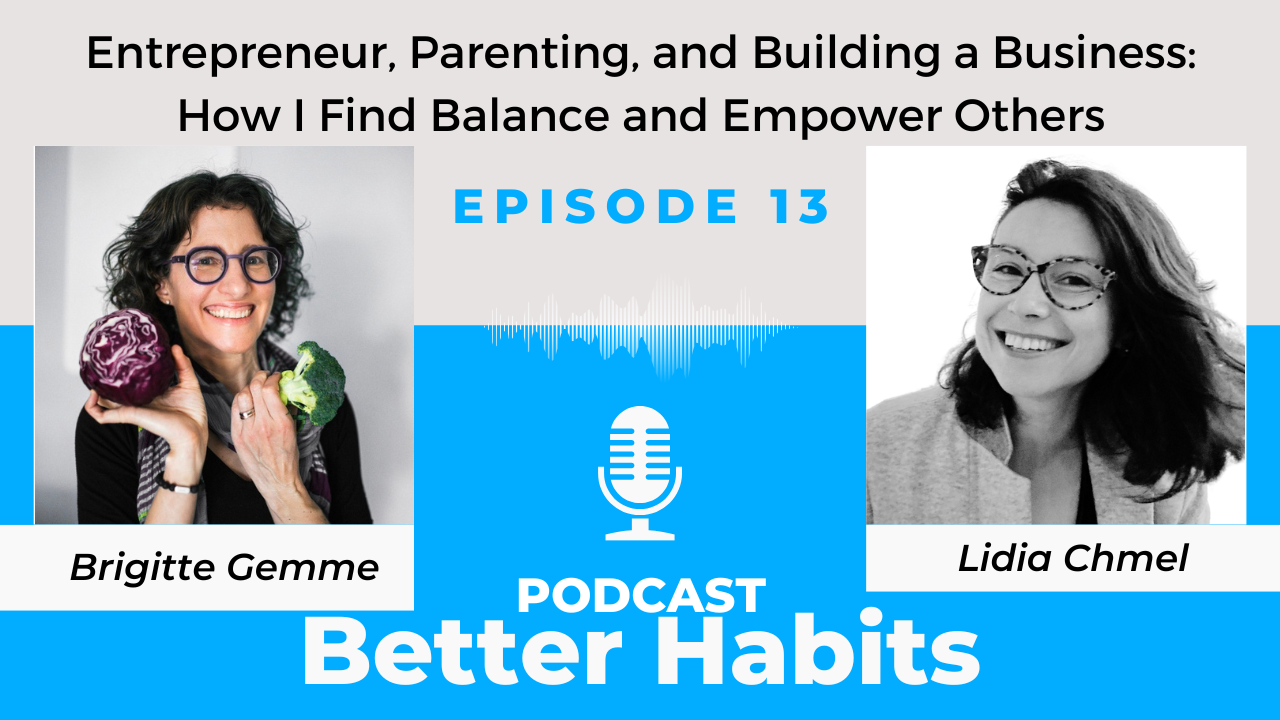Being able to speak another language is a powerful skill. It opens you up to millions of more people, places, and life and career opportunities. Even if you only know some spanish travel phrases, being able to speak competently in a foreign language is a great life skill to have.
Take Spanish for example. As an English speaker, you can communicate with 1200 million other people worldwide right now. If you can speak Spanish, you suddenly get access to 40% more people–1700 million total– and opportunities in 21 more countries where Spanish is spoken.
Today’s coach Julia can help you access those opportunities through a 30 minute coaching call where she’ll evaluate your current Spanish level and coach you through conversational practice. She’ll base the conversation topic around your practice needs and future goals.
This is the perfect opportunity for anyone who wants to improve their conversation Spanish skills to:
- Practice Spanish before a trip
- Live abroad in a Spanish speaking country
- Access opportunities to work with Spanish-speaking clients and communities
- Rekindle the Spanish language skills they learned in school
Book a call with Julia today before her coaching spots fill up. For more tips on how to increase your conversational fluency in Spanish (or any language), read on.
3 Tips to Keep Your Conversation Skills Fresh
The key to becoming fluent in any language is to practice every day. If you aren’t living abroad, that means going out of your way to find ways to practice listening and speaking. Here are some tips:
#1. Watch longform TV shows
Listening practice is easy to do on your own. Find a way to practice your listening skills for at least 10 minutes every day. Productivity guru Tim Ferriss, who has learned 10 languages and counting, recommends longform TV shows:
“They provide 18+ hours of audio content with a consistent plot line, vocabulary and voice actors, which means that by the time you start feeling comfortable (2-4 hours in), you still have 14+ hours of content. To make those first few hours a bit easier, read episode summaries ahead of time in your target language.” [1]
#2. Pick topics you like
Listen to foreign language podcasts, radio stations, musicians, and watch TV shows and youtube channels that interest you. Invest the time to find media covering topics that you like: you’ll be more likely to listen/watch shows regularly and retain more of what you hear. You’ll also try harder to understand what is being said.
#3. Prioritize conversational practice
The biggest mistake people make when practicing a language is skimping on conversational practice. It’s scary to be in a situation where you could fail or not know what to say. It’s also logistically harder to find someone to talk to than more passive listening practice. An easy way to start is to hire Julia for a 30 minute phone call for just $25. You can also join groups and meetups in your local area where people get together to practice their conversational skills (look them up on Meetup.com, Craigslist, or Google).
[1] http://fourhourworkweek.com/2014/07/16/how-to-learn-any-language-in-record-time-and-never-forget-it/








